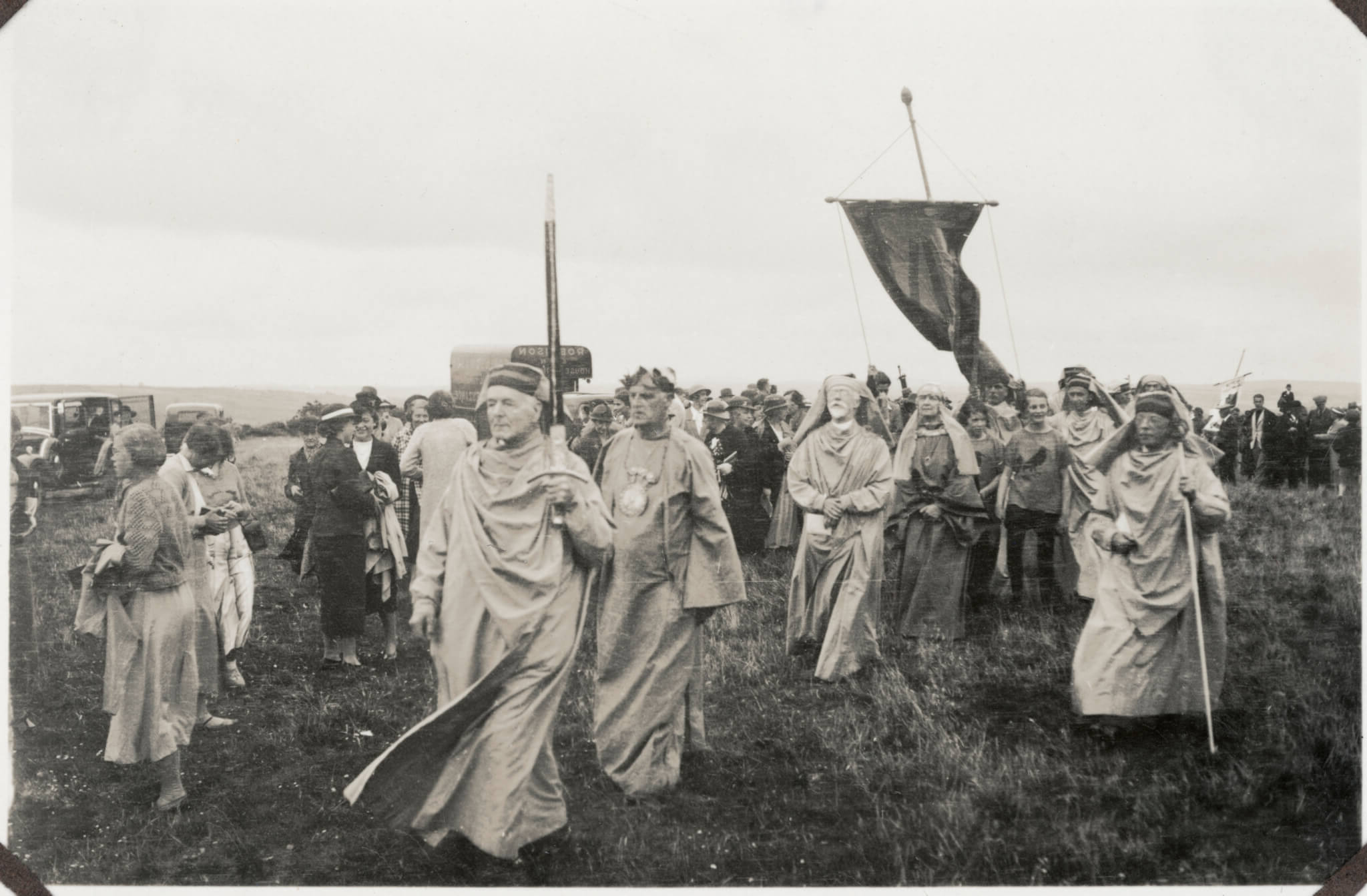
Ever wondered what makes English traditions so unique? From afternoon tea to Morris dancing, England boasts a rich tapestry of customs that have stood the test of time. English traditions are not just about history; they reflect the country's culture, values, and way of life. Whether it's the pomp and ceremony of the Changing of the Guard or the quirky charm of cheese rolling, these practices offer a glimpse into the heart of England. Why do the English cherish these traditions? They provide a sense of identity, continuity, and community. Dive into this list of 21 fascinating facts about English traditions and discover what makes them so special!
Key Takeaways:
- English tea time is a cherished tradition with delicious treats like finger sandwiches and scones. It's a great way to stave off hunger and enjoy a cozy afternoon break.
- England's unique customs, from cheese rolling to well dressing, add fun and color to the culture. These quirky traditions are a special part of English heritage.
English Tea Time Traditions
Tea time in England is a cherished ritual, steeped in history and culture. Here are some fascinating facts about this beloved tradition.
- Afternoon tea was introduced by Anna, the Duchess of Bedford, in the early 1840s to stave off hunger between lunch and dinner.
- High tea is often mistaken for afternoon tea but is actually a more substantial meal served in the evening.
- The British consume approximately 165 million cups of tea daily.
- Traditional afternoon tea includes finger sandwiches, scones with clotted cream and jam, and a selection of pastries.
- The term "high tea" originated from the height of the table it was served on, which was higher than the low tables used for afternoon tea.
Celebrations and Festivals
England is known for its unique and colorful festivals that celebrate everything from history to local produce.
- Guy Fawkes Night, also known as Bonfire Night, commemorates the failed Gunpowder Plot of 1605 with fireworks and bonfires.
- The Notting Hill Carnival, held every August, is one of the largest street festivals in Europe, celebrating Caribbean culture.
- Shrove Tuesday, or Pancake Day, involves pancake races where participants flip pancakes while running.
- The Glastonbury Festival is one of the world's most famous music festivals, attracting top artists and thousands of fans.
- May Day celebrations often include dancing around a maypole and crowning a May Queen.
Royal Traditions
The British monarchy is steeped in tradition, with many customs dating back centuries.
- The Changing of the Guard at Buckingham Palace is a daily ceremony that attracts tourists from around the world.
- Trooping the Colour is an annual event marking the official birthday of the British sovereign, featuring a grand military parade.
- The State Opening of Parliament involves the Queen delivering a speech outlining the government's agenda.
- Royal Ascot is a prestigious horse racing event attended by the Queen and other members of the royal family.
- The Queen's Christmas Broadcast is a tradition started by King George V in 1932, where the monarch addresses the nation.
Unique English Customs
England has many quirky customs that might seem unusual to outsiders but are an integral part of its culture.
- Morris dancing is a traditional English folk dance involving rhythmic stepping and the use of sticks, swords, and handkerchiefs.
- Cheese rolling is an annual event where participants chase a wheel of cheese down a steep hill in Gloucestershire.
- The ancient custom of wassailing involves singing and drinking to the health of trees in the hopes of ensuring a good harvest.
- The tradition of well dressing in Derbyshire involves decorating wells with intricate designs made from natural materials.
- The Eton Wall Game, played at Eton College, is a unique and chaotic sport with rules dating back to the 18th century.
English Food Traditions
English cuisine has its own set of traditions, many of which have been passed down through generations.
- The Sunday roast is a traditional meal consisting of roast meat, potatoes, vegetables, and Yorkshire pudding, typically enjoyed with family.
Final Thoughts on English Traditions
English traditions offer a rich tapestry of history, culture, and customs. From the grandeur of the Changing of the Guard to the quirky charm of Morris dancing, these traditions provide a glimpse into the heart of England. Afternoon tea, with its delicate sandwiches and scones, remains a beloved ritual, while the pomp of royal ceremonies continues to captivate. Bonfire Night, with its fireworks and effigies, commemorates a historical event in a uniquely British way. Even the simple act of queuing reflects the nation's values of order and patience. These traditions, both grand and humble, connect generations and preserve a sense of identity. Whether you're a local or a visitor, experiencing these customs offers a deeper understanding of what makes England truly special. So next time you find yourself in England, take a moment to appreciate these enduring traditions.
Frequently Asked Questions
Was this page helpful?
Our commitment to delivering trustworthy and engaging content is at the heart of what we do. Each fact on our site is contributed by real users like you, bringing a wealth of diverse insights and information. To ensure the highest standards of accuracy and reliability, our dedicated editors meticulously review each submission. This process guarantees that the facts we share are not only fascinating but also credible. Trust in our commitment to quality and authenticity as you explore and learn with us.
